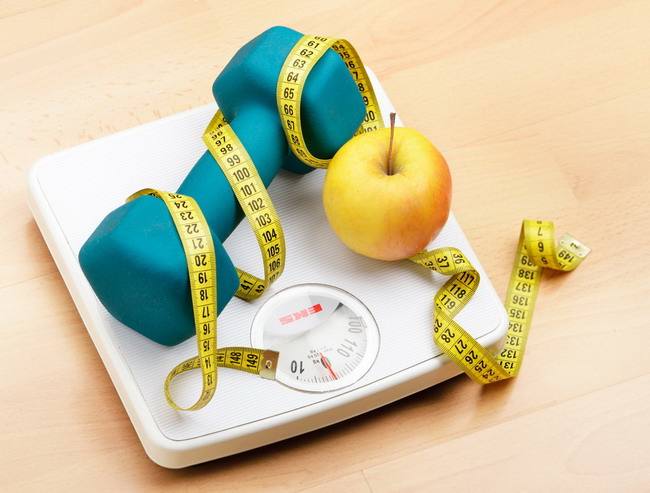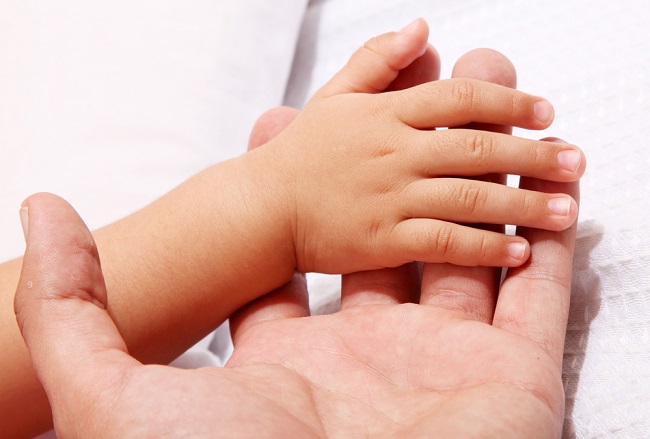For those of you who already intend to have children, mpreparing for pregnancy can be started by living a healthy lifestyle right now. This includes eating a balanced nutritious diet, maintaining health body in general, quit smoking,as well as take folic acid supplements.
Preparing for pregnancy is important as early as possible, namely as soon as you intend to have children. This is important so that your body is ready for pregnancy and stays healthy throughout the 9 months of pregnancy. In addition, this preparation also aims so that the baby can be born safely, healthy, and does not lack anything.

Preparing the Body for Pregnancy
To prepare for a healthy pregnancy, you need to take the following steps:
1. Consult a doctor
Consult a gynecologist as soon as you decide to become pregnant. This is very important to do, especially if you are over 30 years old or suffer from certain diseases. In addition to consulting, you can also undergo several examinations related to your reproductive organs, such as ultrasound. Consultation with a gynecologist can also be done to start a pregnancy program.
2. Maintain ideal body weight
Being overweight can increase the risk of complications during pregnancy, such as diabetes or hypertension. While being underweight can make it difficult for you to get pregnant. If your body weight is ideal, the chances of getting pregnant will be even greater.
So, make sure your body mass index (BMI) is normal when preparing for pregnancy. The normal BMI for Asians is 18.5-22.9.
How to calculate it, weight (kg) divided by height (m)2. For example, the calculation of BMI for weight 60 kg and height 170 centimeters (1.7 meters) is 60 / (1,7)² = 20,7. This BMI value is included in the normal category.
3. Eat a balanced nutritious diet
Start paying attention to the types of food and drinks that enter your body. The method:
- Reduce your intake of calories that are high in nutrients, contain artificial sweeteners, or contain caffeine.
- Eat foods rich in protein, iron, folic acid, and calcium.
- Also eat fruits, vegetables, whole grains, and low-fat dairy products.
- Consumption of 340 grams of fish per However, avoid fish that have the potential to contain high levels of mercury, such as tuna.
- Avoid taking vitamins A, D, E, and K (fat soluble vitamins) in high doses. If consumed in excess, these vitamins can cause birth defects in babies.
4. Consuming folic acid
Take folic acid at least 6 months before becoming pregnant. Folic acid can help prevent birth defects, such as neural tube defects. Apart from food, folic acid can also be obtained by taking folic acid supplements. The recommended dose is 400 micrograms per day.
5. Stay away cigarette, alcohol, and caffeine
Smoking, along with drinking alcohol and caffeine, can make it harder for you to get pregnant and make you more likely to have a miscarriage. Not to mention the long-term risks, such as babies born with physical disabilities and developmental disorders.
6. Vaccination
To protect your health and that of your unborn baby, it is recommended that you have an immunization or vaccination a month before starting the pregnancy program. Some types of infection, such as smallpox (varicella) and German measles (rubella), can be harmful to an unborn baby.
7. Maintain dental health and body
During pregnancy, hormonal changes can make you more susceptible to gum disease and cavities. Now, Dental and gum disease is often associated with an increased risk of preterm birth and impaired fetal organ development.
Regularly consult a dentist before and during pregnancy. In addition, don't forget to diligently clean your teeth so that the problem of gingivitis and cavities can be minimized.
Not only do you regularly consult a dentist, when you are pregnant or planning to become pregnant, you are also advised to consult a gynecologist for regular health checks.
8. Exercise regularly
Do light exercise, at least 30 minutes per day. You can try yoga, walking, cycling, swimming, or any other light exercise that you like.
If you are not used to exercising, start with ten minutes of exercise first. Gradually increase the duration to 15 minutes, 20 minutes, then later to 30 minutes.
By doing the pregnancy preparation steps above, it is hoped that your body will be better prepared to get pregnant. If you've tried planning to get pregnant and have gone through some of the steps above, but still haven't succeeded in having a baby, you and your partner should consult a gynecologist.









